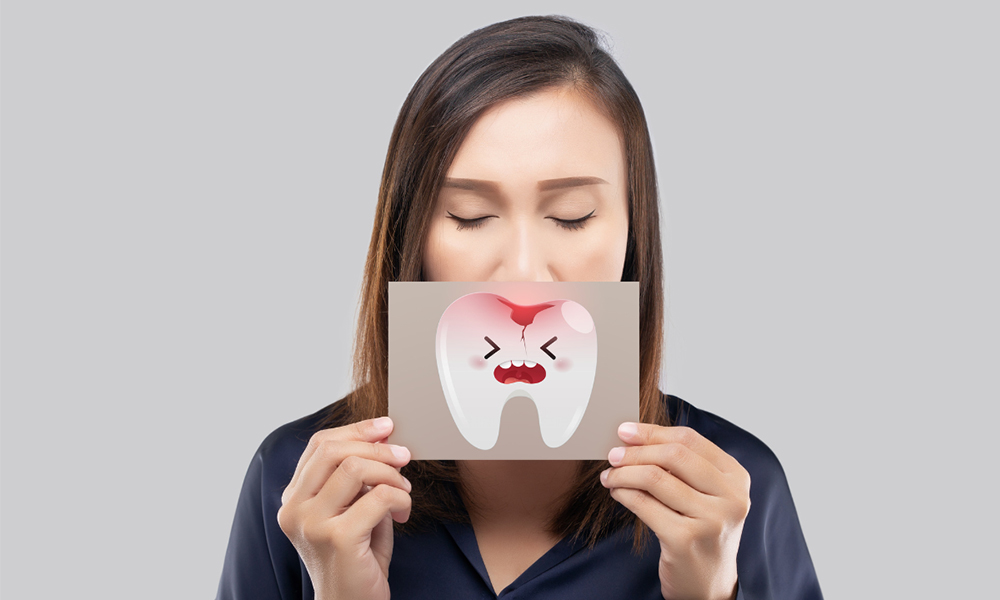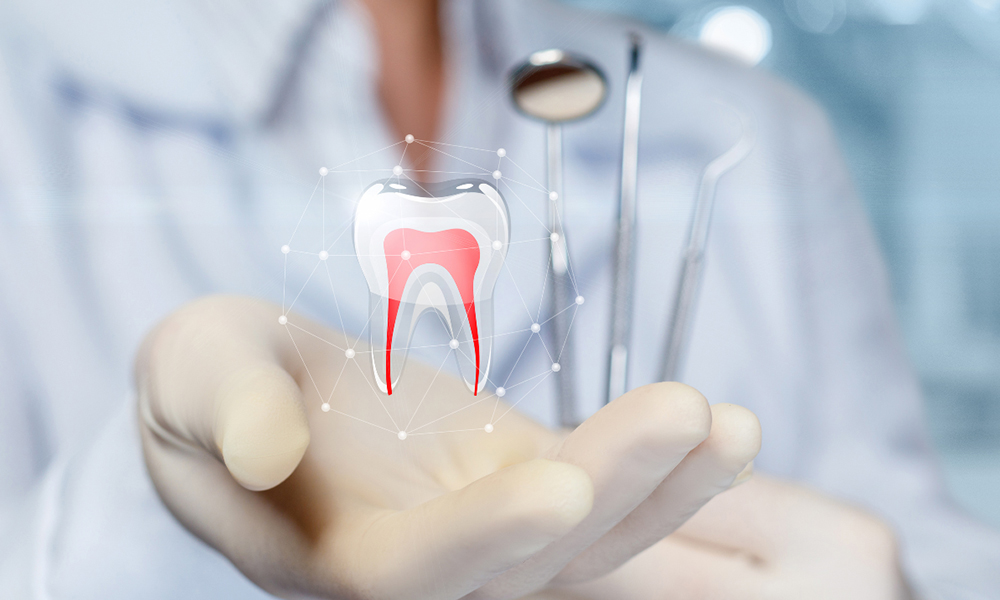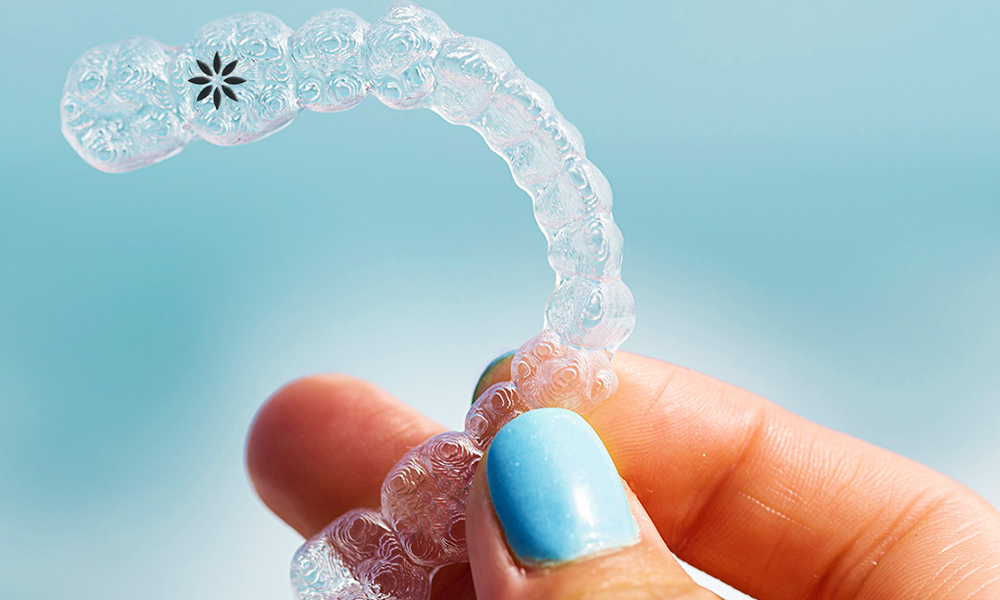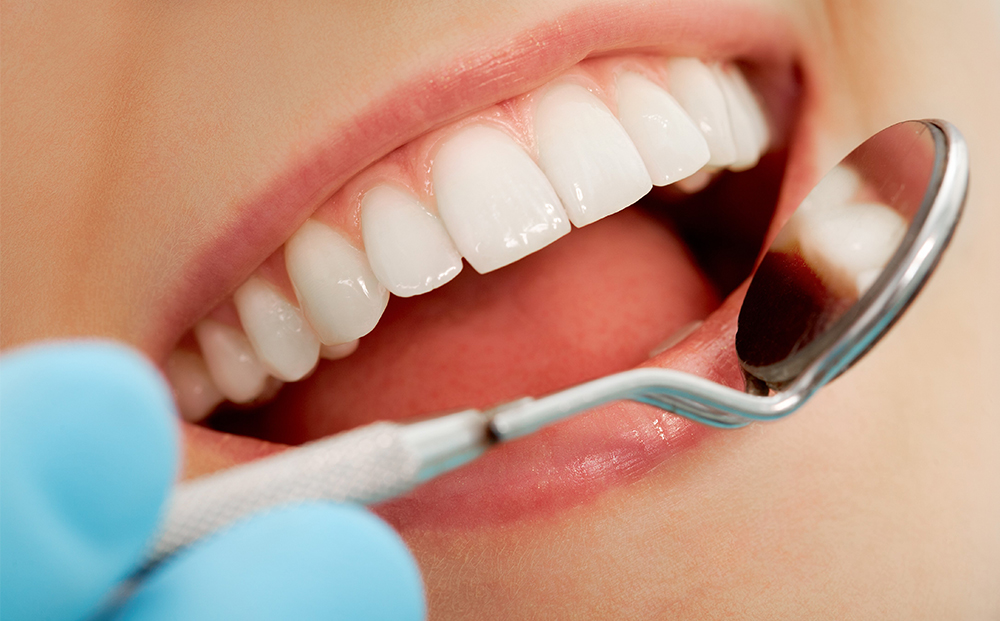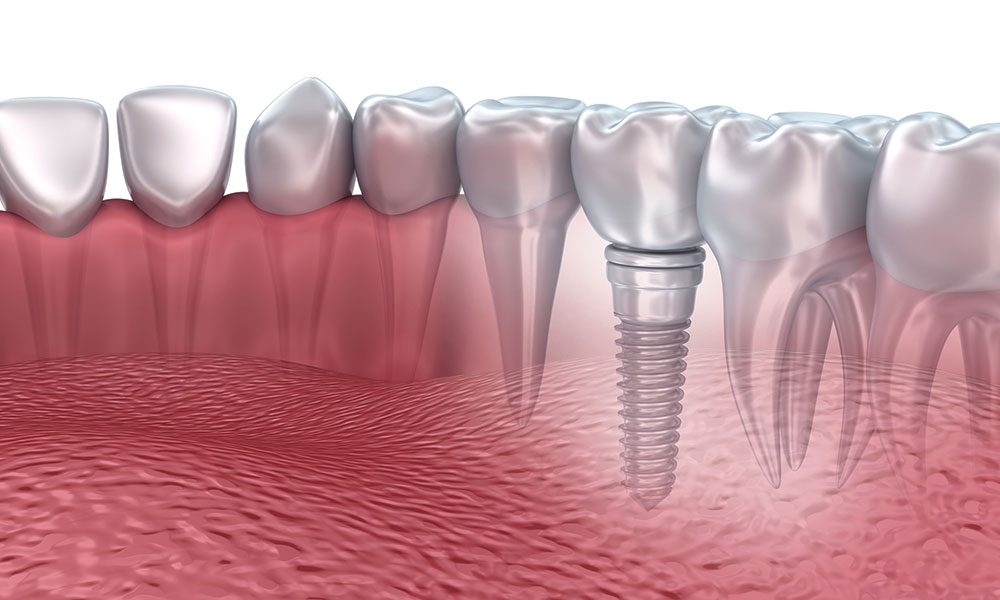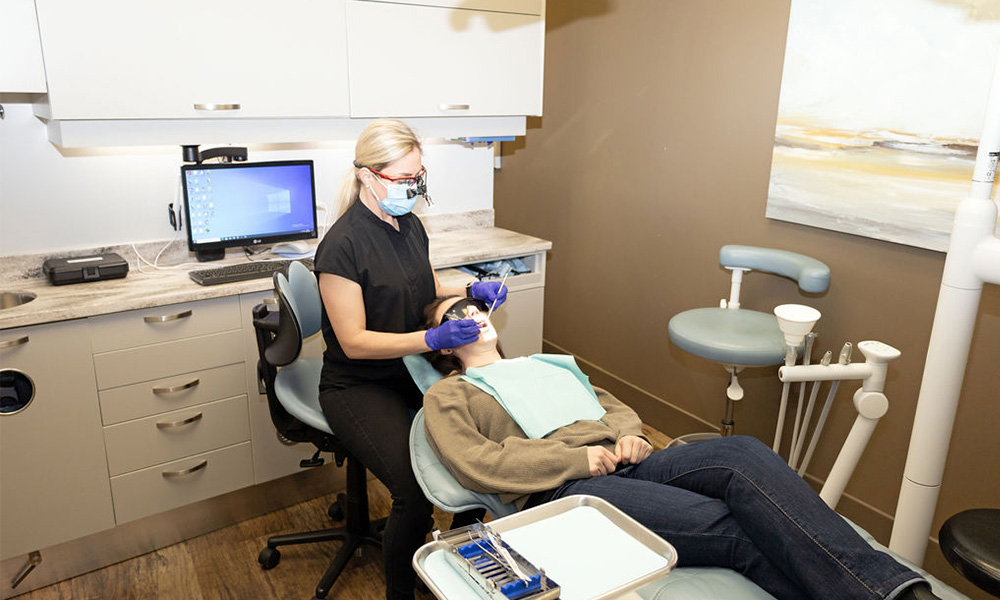

There's been consistent observation that most dental problems are entirely preventable. At High Park Dental Care, located at 2184A Bloor Street West, patients often ask what they can do at home to maintain optimal oral health between visits.
The truth is, preventing dental problems doesn't require expensive products or complicated routines. Instead, five simple daily habits can dramatically reduce the risk of cavities, gum disease, and other common oral health issues. Moreover, these habits take less than ten minutes total each day but provide lifelong benefits.
Why Two Minutes Matters
Brushing for a full two minutes allows fluoride toothpaste to work effectively against cavity-causing bacteria. Additionally, this duration ensures thorough cleaning of all tooth surfaces, including hard-to-reach areas where problems often begin.
Furthermore, using a soft-bristled toothbrush prevents enamel damage while still removing plaque effectively. Many patients are surprised to learn that aggressive brushing actually harms teeth and gums rather than helping them.
The Proper Technique
Hold the toothbrush at a 45-degree angle to the gums and use gentle, circular motions. Subsequently, spend 30 seconds on each quadrant of the mouth to ensure comprehensive cleaning. Additionally, don't forget to brush the tongue, which harbours bacteria that cause bad breath.
The Hidden Benefits of Flossing
Regular flossing prevents gum disease, which affects over 70% of Canadian adults. Moreover, it reduces the risk of heart disease, diabetes complications, and other systemic health issues linked to oral bacteria.
Additionally, flossing takes less than two minutes but prevents costly dental treatments later. Therefore, this small daily investment saves both money and discomfort in the long run.
Flossing Made Simple
Use about 18 inches of floss, winding most around the middle fingers. Subsequently, guide the floss gently between teeth using a rubbing motion, then curve it around each tooth in a C-shape. Furthermore, use clean sections of floss for each tooth to avoid spreading bacteria.
How Water Protects Teeth
Saliva neutralizes acids produced by bacteria, helping prevent tooth decay. Additionally, it washes away food particles and bacteria that cause problems. Furthermore, adequate saliva flow helps remineralize tooth enamel, reversing early stages of decay.
Conversely, dehydration reduces saliva production, creating an environment where harmful bacteria thrive. Therefore, drinking water throughout the day maintains the mouth's natural protective mechanisms.
Smart Hydration Strategies
Aim for eight glasses of water daily, sipping regularly rather than consuming large amounts at once. Additionally, drink water after meals to help rinse away food particles and acids. Moreover, choose water over sugary drinks whenever possible to avoid feeding harmful bacteria.
The Science of Snacking and Teeth
Every time someone eats, bacteria in the mouth produce acids that attack tooth enamel for about 20 minutes. Therefore, frequent snacking means teeth face constant acid attacks without time to recover.
Additionally, sticky and sugary foods cling to teeth longer, providing more fuel for harmful bacteria. Furthermore, acidic foods and drinks temporarily soften enamel, making teeth more vulnerable to damage.
Tooth-Friendly Eating Patterns
Limit snacking between meals, and choose tooth-friendly options like cheese, nuts, or vegetables when snacking does occur. Additionally, eat sugary or acidic foods with meals rather than alone, as increased saliva production during meals helps neutralize acids.
Moreover, wait at least 30 minutes after eating acidic foods before brushing to avoid damaging temporarily softened enamel. Instead, rinse with water immediately after eating to help neutralize acids.
Why Professional Care Matters
Even with perfect home care, professional cleanings remove hardened plaque (tartar) that brushing and flossing cannot eliminate. Additionally, dental examinations detect problems in their earliest stages when treatment is simpler and less costly.
Furthermore, professional fluoride treatments and dental sealants provide extra protection against decay. Moreover, the dental team can identify risk factors and customize prevention strategies for specific needs.
Scheduling Success
Most patients benefit from visits every six months, though some may need more frequent care based on their risk factors. Additionally, don't wait for pain or problems to schedule appointments, as early intervention prevents more serious issues.
Starting new habits can feel overwhelming, but success comes from gradual implementation. Therefore, focus on one habit at a time until it becomes automatic, then add the next one.
Additionally, use tools like phone timers for brushing and flossing reminders until these habits become routine. Moreover, keep a water bottle nearby to encourage regular hydration throughout the day.
At High Park Dental Care, the team is committed to helping patients achieve optimal oral health through both professional care and education. These five simple daily habits, when practiced consistently, prevent most common dental problems and save money on future treatments.
Ready to start the journey toward better oral health? Contact High Park Dental Care at (416) 766-6383 to schedule an appointment and discuss personalized prevention strategies. Or feel free to contact us online.










